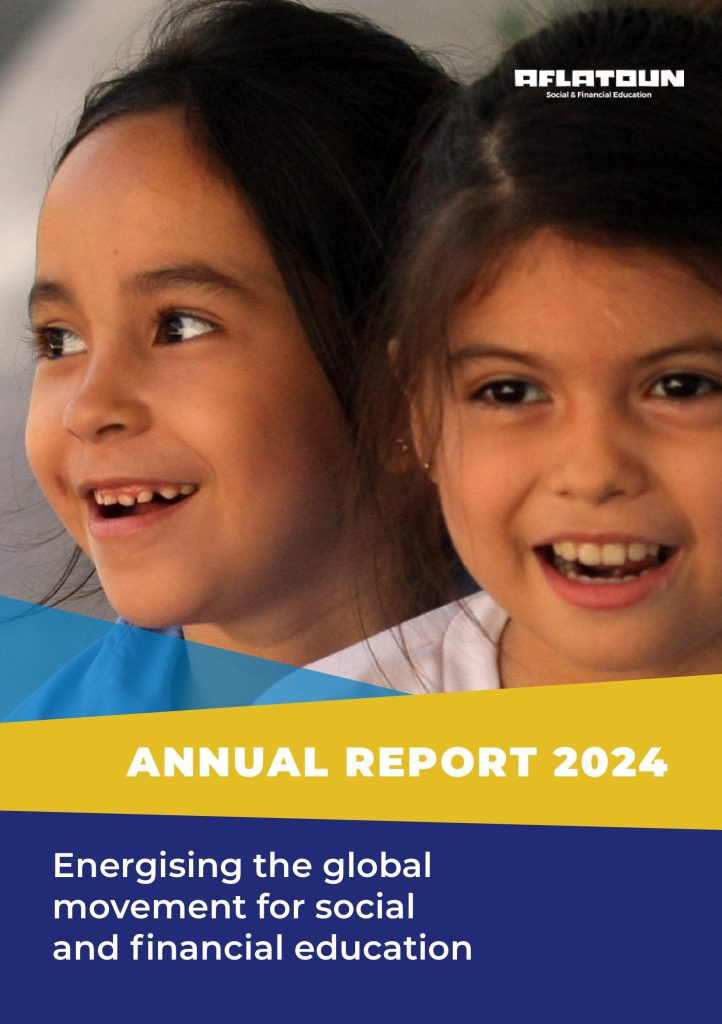The Center for Education and Development (CED) was founded in 2011 in Vietnam with the mission to develop, test, and expand breakthrough solutions to the country’s toughest education and development challenges.
Learning by memory and frequent exams no longer prepare young people with the skills and knowledge required to thrive in the modern world. In partnership with international and local partners, CED introduces new teaching and learning methodologies into the national curriculum, giving young people relevant skills for today’s job market: teamwork, leadership, critical thinking, problem solving, environmental awareness and citizenship.

Our Partnership
In 2019, recognising the valuable addition that Social and Financial Education programmes could have for Vietnamese children and youth, CED decided partnering with Aflatoun and joing its network of partners worldwide. In particular, education resources and training constitute a solid platform for CED to further build upon essential 21st-century themes such as green skills and digital learning.
That is why, CED has been implementing different programmes across the country, including AflaTeen, AflaYouth and the curriculum on Cryptocurrency and Blockchain Education
Financial Literacy in Vietnam
In the past, Vietnam has always had a lower level of financial literacy than the OECD/INFE average level, a rating which is measured by looking at financial knowledge, behaviours and attitude. Therefore, improving financial skills can have a positive impact on the country’s general economic growth and sustainability.
Financial literacy is essential to make informed financial decisions, which is particularly important for Vietnam where the financial system has seen a significant growth in both the number and diversity of institutions. In fact, financial education contributes directly to the economic development of the country, as financially savvy individuals are more likely to participate in the formal financial system and contribute to national savings.
CED has received positive feedback from both teachers and students who participated in the SFE sessions delivered so far. They said they learned a lot of new things, gained more confidence and clarity about SFE, and felt more motivated to continue their learning journey.
So far, the Center for Education and Development has reached over 1,000 university students and 5500 high school students, as well as 250 teachers from 15 schools. They were all equipped with SFE knowledge such as savings and budgeting, citizenship education, green and digitial skills. In particular, teachers appreciated learning about active learning methods and how to use them effectively in the classroom.













